While I’m a psychiatrist by trade, I do have a bit of a green thumb when it comes to gardening—growing vegetables, flowers, shrubs and trees. Sometimes I have been successful, but many times my results were less than fruitful. However, over my 30+ years in private practice, doing inpatient psychiatry and nearly eight years providing Transcranial Magnetic Stimulation (TMS) therapy, I have concluded that humans are much like plants in a garden. We are living at attempting to thrive.
Have you ever had a struggling plant that did better when you placed it in a different part of the garden? Likewise, do you know someone that felt better when they made a job or relationship change?
Just like there are many types of gardens utilized for various purposes from food, aesthetics or medicinal, there are many types of people who all have different needs, but share similarities when it comes to the human brain.
Plants and our brains require a supportive and dynamic environment. Plants need the right amount of water, nutrition and sunlight. Brains need adequate nutrition, hydration, stimulation, plus the body’s exposure to sunlight helps functioning. Some plants do better if they are with other plants. Likewise, brains need socialization. Plants need their garden weeded and sometimes for brains to operate optimally; people need their situations “weeded” to remove intrusive or toxic circumstances. Plants can have a disease, which needs to be diagnosed and treated. The same can be said of brains.
Suppose you could create the ideal garden, what would it look like and would everyone agree? If you had this perfect garden, what would the maintenance be? Presume you had the ideal brain; we would have the same questions?
We can strive to have a different garden, and that might happen. Whatever garden we have, it will require irrigation, fertilization, plant placement, pruning, mulching and some tender loving care. We all have the brain we have, and it must be cared for properly, and without a doubt, your brain needs a lot of TLC.
To do this, we need to pay attention to our needs. We need to make sure we take care of foundational issues by getting healthy nutrition, physical activity and being aware of our physical, emotional and spiritual dimensions. We also need to understand when there might be issues to address in a preventative manner.
When emotional pain is identified, it needs to be assessed just as you would look into a problem with a garden. You want to address the issue with someone who knows what they are doing and whose opinion you trust. Looking into options to aid emotional pain based on an individual assessment is critical.
About a year ago we looked at our company name and changed it to Thrivelogic TMS + NeuroHealth, in part because we wanted to emphasize that we want our patients to thrive just like a garden. My clinical experience is that when depressed individuals are treated effectively, they are better able to thrive. There are a number of treatment options available which can be appropriate in certain situations. I have found Transcranial Magnetic Stimulation (TMS) therapy to be a clinically sound and validated treatment when depression is not responding to other treatments. TMS therapy is a tool not unlike the tools we use in our garden. When the right resources are used appropriately, gardens will flourish, and people will thrive.

